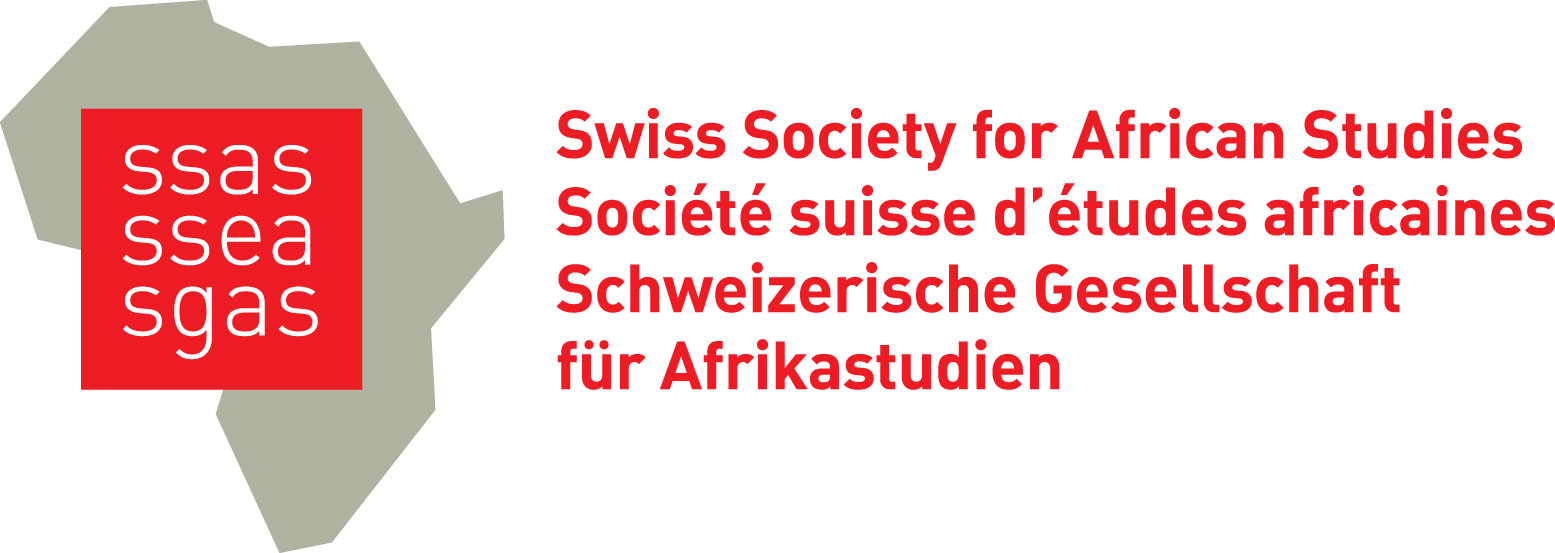Please submit your proposal before 1 December 2024 to dany.tiwa(at)unibas.ch. Each proposal must include (i) the name and affiliation of the presenter(s); (ii) the presentation title; (iii) an abstract of up to 500 words; (iv) the target panel for the presentation; and (v) a short academic CV of the presenter.
Accepted presenters will be notified before 1 January 2025 and full presentations are expected to be shared with other panelists one month before the workshop.
Overview of the workshop
Title : Liquid Urbanisms in Africa: Thinking Climate Adaptation with and through Water
Academic board/organising committee: Jon Schubert (Urban Studies, Univ. of Basel), Armelle Choplin (Geography, Univ. de Genève), and Silvia Balzan (Academy of Architecture, Univ. della Svizzera Italiana)
Host/organising committee: PRECURBICA Project— Dany Franck Tiwa, Ambre Alfredo, Semhar Haile, Natalie Schöbitz, Jon Schubert
Venue/hosting institution: Division of Urban Studies and Centre of African Studies, Basel
Fees: There will be no registration fees for presenters. Presenters are however expected to support the cost of their participation including transportation and accommodation. Coffee breaks and lunch will be provided for by the organizers.
Argument
Faced with rising sea levels, cities across the globe are being remade to confront the threat of water. The climate crisis meets water and urban life head on, manifesting in an array of contact zones that both threaten and give hope to the people who live with them.
Recent historical scholarship has started to question the terracentric, territorially bound notions inherited from Empire, colonialism, and the concomitant development of international law that fixes people and histories to bound borders to ask what new, decolonial understandings about life in the Anthropocene could be gained by thinking with the ‘Ocean as Method’ (Hofmeyr 2010; Mawani 2021; Menon et al. 2022). The ‘terraqueous’ (Chalfin 2019) nature of the dynamics that shape contemporary urban development has been taken up by critical social scientists to think about the ‘gradients of wetness’ (Anand 2023) that historicallymade and continue to remake cities as, in, and with water (Mathur and Cunha 2009; Scaramelli 2021;Carse and Lewis 2017; Goh 2019). Yet in conversations about how cities, especially in the Global South, should adapt to the climate crisis, water is still too often framed as a threat to be managed by investment in Big Infrastructure (dams, seawalls, drainage canals). Apart from technical or star architect-solutionism à la Sponge City or Makoko floating city (Adeyemi 2012), what would it mean to change perspectives and think of urban adaptation from and through water?
Using water as a way of seeing through, with and about climate-related urban issues, this workshop invites a critical examination of the urban/water interface in African coastal cities, particularly in the context of climate change. African coastal cities are at the cutting edge of water-borne climate change, as they are forecast to attract the highest urban growth and commercial investment, but also persistently scripted as the least well equipped to deal with climate-related disasters, making manifest the tension between the imperatives of economic growth and sustainable urban development.
The workshop aims to bring together urban planning and critical social theory by exploring the diverse ways African urban communities are adapting their lives and environments to climate change induced changes (e.g. rising sea level; extreme climatic events etc.) in coastal areas. Through a focus on various real-world examples based on in-depth qualitative empirical research, including but not limited to the practices of street-level bureaucrats, fishing communities, home-builders, residents’ associations and city planners, the workshop seeks to uncover new modes for living in and with the “urban sea”.
These insights are crucial for reimagining urban futures in times of environmental change, especially for African contexts, where pessimistic or development-centric narratives of crisis dominate, to develop a perspective of critical hope on sustainable urban development in the face of global climate challenges.
PANEL 1 — Material Circulations
How are practices of adaptation, building and dwelling conditioned by the circulation of materials? From the transformations of waste into earth, sand into concrete, scrap metal into rebar, or firm into watery ground and back, how can we chart and analyse the parallel and competing cycles of production and consumption of materials that inform how cities are living with the water?
PANEL 2 — Vulnerability, Politics, Infrastructure
From large-scale infrastructure and urban redevelopment projects to more mundane, individual projects of consumption, building, investment, and social advancement, cities are being reshaped by flows of finance and capital. Big infrastructure also regularly leads to new processes of managing and displacing populations that are deemed at risk and/or contributing to climate risks through ‘improper’ behaviour. How are big infrastructure projects accommodated, appropriated or subverted to live with the risks posed by rising waters?
PANEL 3 — Amphibious Ways of Making the City
Proposing a multidisciplinary dialogue that bridges architecture, anthropology, and urban planning, this panel explores innovative approaches to urban development in African coastal cities which confront rising sea levels and the associated challenges of climate change. The panel focuses on "amphibious" strategies that rethink traditional methods of urban construction and repair. It aims to highlight both techno-scientific and situated, bottom-up perspectives, bringing together experts who can offer insights into the potential and the challenges of water-based urbanism as a sustainable and adaptive strategy for future cities.
